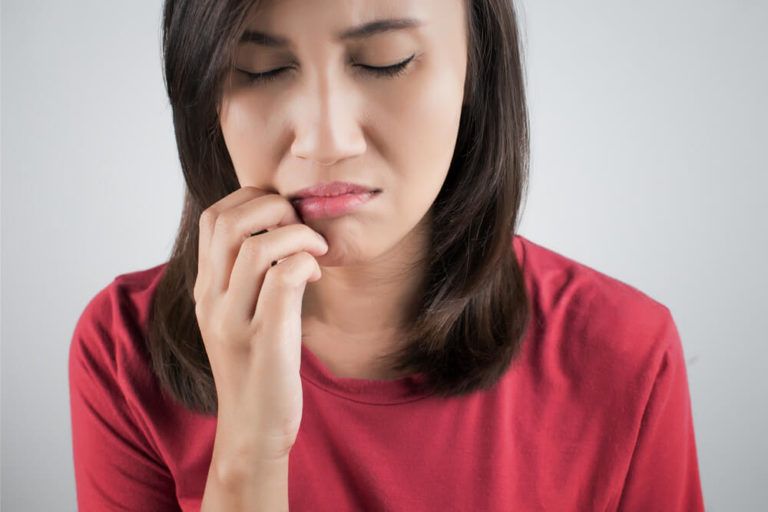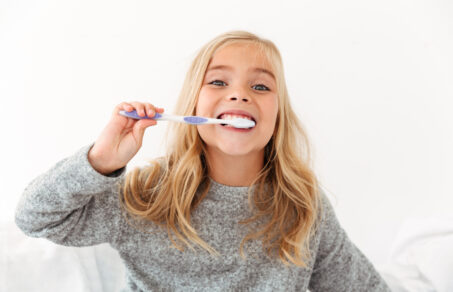Why Cheek Biting is Serious
The five primary types of cheek biting are:
- Periodic accidental
- Regular accidental
- While asleep
- Habitual, and
- BFRD or Obsessive/Psychological.
Regardless of type, it is important to realize that biting one’s cheek causes injury to the mouth. In habitual conditions, preventative measures are a key element. Austin Preventative Dentistry is a great resource to assist in identifying the core issue(s).
This self-inflicted injury causes trauma to oral tissue with possible health or cosmetic effects. It can cause canker/mouth sores that can become infectious. Regular cheek biting may be an indication of a misaligned bite (malocclusion). A misaligned bite can lead to shifted teeth, a sore jaw, headaches, and TMJ (temporomandibular joint disorder). Continual trauma can result in or contribute to hyperkeratosis, minor salivary gland pathology or oral carcinogenesis.
Who is Cheek Biting
In a United States survey of 10,030 children aged 2-17 years, the percentage of cheek and lip biting was 1.89 percent. Based on research data, this unhealthy oral habit affects 750 out of every one million individuals with women more at risk than men.
Chronic cheek bite keratosis is rather common in urban areas with high stress levels according to dental surgeon Dr. Richard Marques BDS. Statistical data shows, as of January 2020, with an estimated United States population of 329,227,746, there are approximately 246,920 individuals suffering with cheek bite.
How to Stop Cheek Biting
This leads to a final question. How to stop cheek biting? Due to its serious nature, seek a dentist for proper help. The dentist can provide thorough examinations with treatment recommendations.
With a misaligned bite or missing teeth, the dentist may advise treatments such as those available at Austin Invisalign Dentistry or Austin Cosmetic Dentistry.
What is the Outlook
The great news is the damage caused by cheek biting is reversible with the proper treatment. Oral issues related to pain, bleeding, or orofacial trauma require professional dental practitioners like those located in Austin, Texas at the Toothbar.
If cheek bite is a problem, schedule an appointment with a quality dental professional at the Toothbar. With their Austin Preventative Dentistry, Austin Invisalign Dentistry or Austin Cosmetic Dentistry, the Toothbar provides innovative dental services with a spa like experience. They work to determine the best plan for a better quality of life with the best possible smile.


